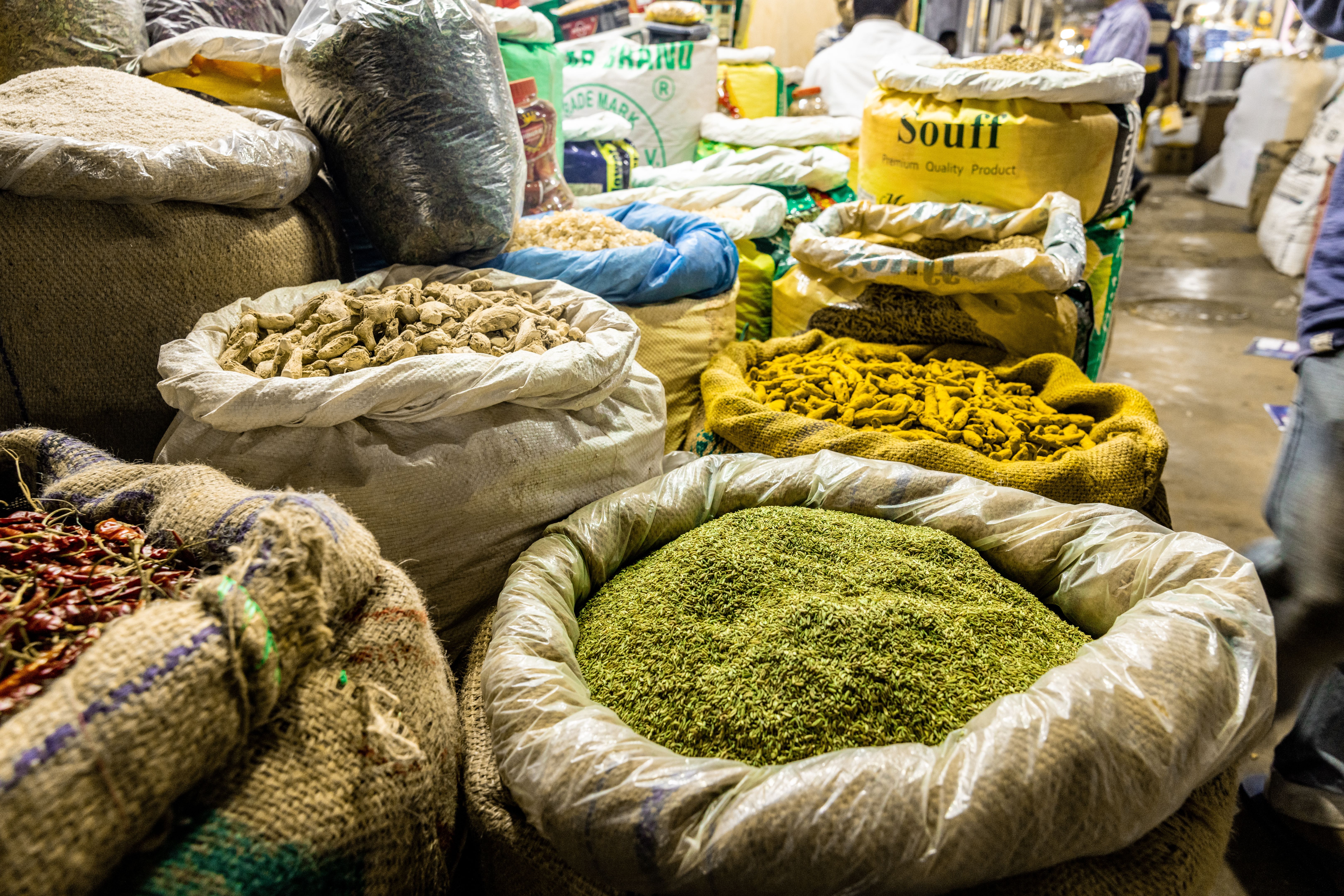The Essence of Biryani: South Asia's Aromatic Delight
The Origins of Biryani
Biryani, a dish that has captivated taste buds across the globe, is a rich and aromatic delight originating from South Asia. This culinary masterpiece, known for its intricate layers of flavor, is believed to have been brought to the Indian subcontinent by Persian travelers and merchants. Over time, it fused with local spices and techniques to evolve into a variety of regional interpretations.

Key Ingredients and Preparation
The essence of biryani lies in its ingredients and preparation method. The dish primarily consists of basmati rice, fragrant spices, and a choice of meat such as chicken, mutton, or beef. Vegetarian variants often include paneer or vegetables. A traditional biryani is cooked using the "dum" method, where ingredients are slow-cooked in a sealed pot, allowing the spices to infuse every grain of rice.
The spices used are what make biryani truly unique. Common spices include cardamom, cloves, cinnamon, bay leaves, and saffron. The careful selection and proportion of these spices contribute to the deep flavors that make biryani an unforgettable experience.
Regional Variations of Biryani
Biryani's adaptability has led to numerous regional variations across South Asia. Each variation reflects the local palate and culinary traditions.
Hyderabadi Biryani
One of the most popular versions is the Hyderabadi Biryani, known for its spicy flavor and rich aroma. This version is often cooked with marinated meat and layered with fried onions, mint leaves, and yogurt, resulting in a dish that is both flavorful and aromatic.
Kolkata Biryani
Kolkata Biryani stands out with its subtle sweetness and the inclusion of boiled eggs and potatoes alongside the meat. This variation traces its roots back to the Mughal era and has since become a beloved staple in Bengali cuisine.

The Cultural Significance of Biryani
Biryani is more than just a dish; it holds cultural significance in South Asia. It is often served during special occasions such as weddings, festivals, and family gatherings. The preparation and sharing of biryani symbolize hospitality and togetherness.
As families gather around a shared pot of biryani, it fosters a sense of community and celebration. The dish's ability to bring people together is a testament to its enduring appeal and cultural importance.
Biryani's Global Appeal
In recent years, biryani has gained international recognition, finding its place in global cuisine. Its rich flavors and aromatic spices appeal to diverse palates, making it a sought-after dish in many countries. Indian restaurants around the world proudly feature biryani on their menus, introducing its complexities and delights to new audiences.

In conclusion, biryani's essence lies in its rich history, diverse ingredients, and cultural significance. Whether enjoyed in its traditional form or through one of its many regional variations, biryani continues to be a beloved culinary treasure across the globe.
